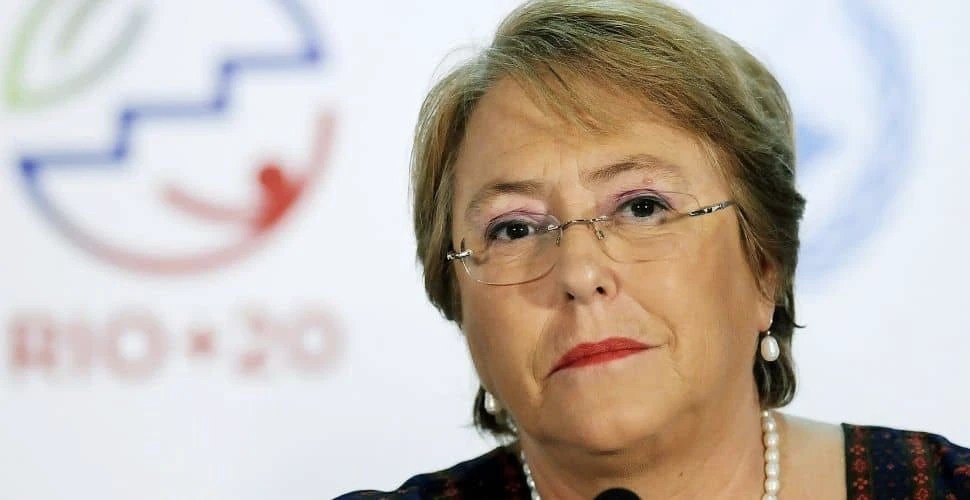The United Nations High Commissioner for Human Rights, Michelle Bachelet, will update the 49th session of the Human Rights Council on March 7 on her efforts to assess the situation in the Uyghur Region, her spokesperson Liz Throssell told VOA News.
Pressure builds on UN High Commissioner for Human Rights
During the 49th Session of the UN Human Rights Council, which began this week, leaders have urged Bachelet to publish a report on rights violations and forced labor in China’s northwestern Uyghur Region where evidence of Uyghurs and other ethnic minorities being subjected to arbitrary detention and forced labor continues to build.
Antony J. Blinken, US Secretary of State, remarked:
“In China, the government continues to commit genocide and crimes against humanity in Xinjiang against predominantly Muslim Uyghurs and other minority groups, and we urge the High Commissioner to release without delay her report on the situation there”.
Concerns are high as Bachelet has failed to reach an agreement with the Chinese government over the past three years. Abdulhakim Idris, Executive Director of the Washington-based Center for Uyghur Studies, accuses Bachelet of being largely passive on Uyghur human rights since taking office in September 2018.
Denying the extensive evidence of abuses committed against Uyghurs in the country, Chinese Foreign Minister Wang Yi said:
“The door of Xinjiang is open, and we welcome people from all countries to visit Xinjiang and exchange opinions. The so-called genocide, forced labour and religious repression are completely fabricated lies”.
A meaningful visit to the Uyghur Region?
Meanwhile, Bachelet’s spokesperson told VOA News that the parameters for a visit will have to be such that the High Commissioner has meaningful and unrestricted access, including unsupervised interviews with civil society. However, the effectiveness of Bachelet’s visit remains to be seen. A Uyghur government official explained that any Uyghur person: “to be able to speak [freely] and tell what is happening, they [would] have to be out” of China.
People belonging to ethnic, cultural, and religious groups in northwestern China, including Uyghurs, Kazakhs, Kyrgyz, and Hui, are currently the target of the largest organized detention of an ethno-religious minority the world has seen since World War II. Since 2017, over one million have been detained.
Detainees are made to work under constant surveillance, with assigned minders and no freedom to leave. Their forced labor contributes to the production of goods for numerous multinationals.
Join over 84,000 global supporters calling on the Chinese government to free Uyghurs from forced labor.







Freedom United is interested in hearing from our community and welcomes relevant, informed comments, advice, and insights that advance the conversation around our campaigns and advocacy. We value inclusivity and respect within our community. To be approved, your comments should be civil.